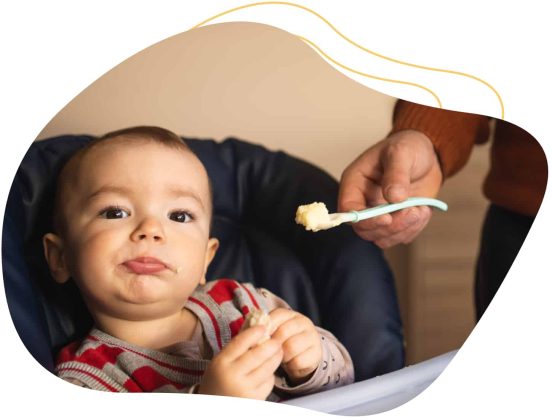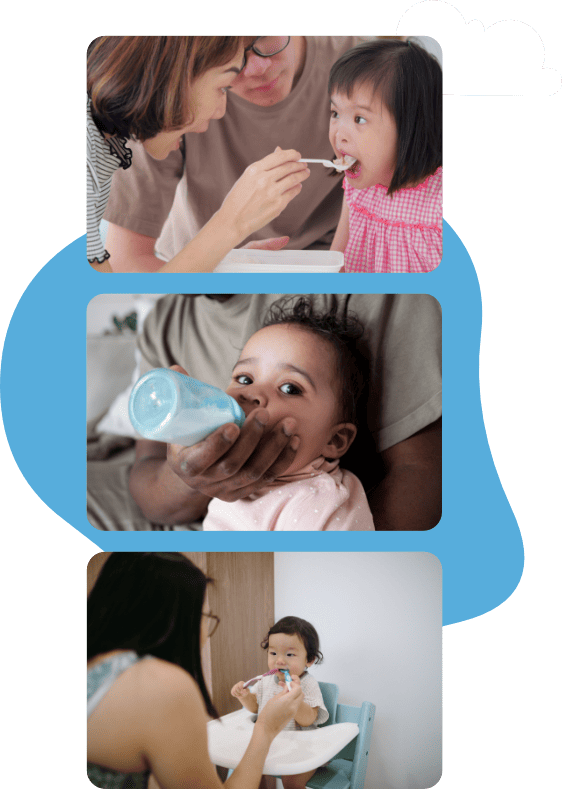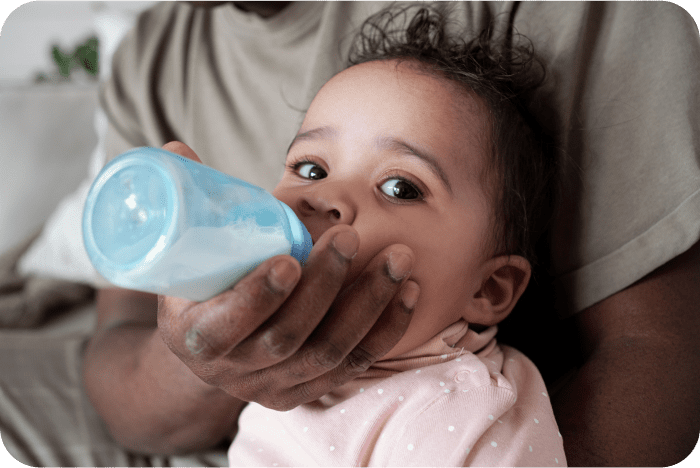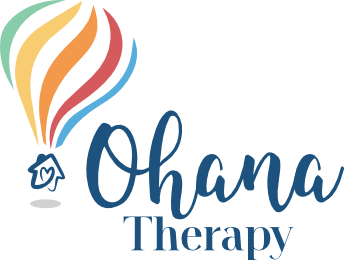Our Services
Feeding Therapy
Feeding Therapy involves the assessment, management, and treatment of various conditions affecting a person’s ability to eat and drink. Individuals with feeding and/or swallowing disorders (dysphagia) have difficulties eating and drinking which may result in poor nutrition, frequent illnesses and increased risk of pneumonia or lung infections. Our Speech & Language Therapists (SLTs) assess, diagnose, and help individuals of all ages with a range of difficulties surrounding feeding and/or swallowing. These difficulties may be due to:

- Medical reasons (e.g. gastric reflux, cardiac anomalies)
- Developmental delay (e.g. Global Developmental Delay)
- Poor nerve or muscle control (e.g. Cerebral Palsy or muscular dystrophy)
- Lack of positive feeding experience (e.g. force feeding)
- Oral-sensorimotor deficits (e.g. Autism Spectrum Disorder, Sensory Processing Disorder)
- Brain injury (e.g. meningitis, traumatic brain injury, stroke)
- Neurodegenerative diseases (e.g. Parkinson’s Disease, dementia)
- Autoimmune diseases (e.g. multiple sclerosis)
- Genetic disorders and syndromes (e.g. Down’s Syndrome)
- Medical reasons (e.g. gastric reflux, cardiac anomalies)
- Developmental delay (e.g. Global Developmental Delay)
- Poor nerve or muscle control (e.g. Cerebral Palsy or muscular dystrophy)
- Lack of positive feeding experience (e.g. force feeding)
- Oral-sensorimotor deficits (e.g. Autism Spectrum Disorder, Sensory Processing Disorder)
- Brain injury (e.g. meningitis, traumatic brain injury, stroke)
- Neurodegenerative diseases (e.g. Parkinson’s Disease, dementia)
- Autoimmune diseases (e.g. multiple sclerosis)
- Genetic disorders and syndromes (e.g. Down’s Syndrome)




Feeding Therapy
Individual Sessions For Children
Our SLTs are champions of collaborative care and we look forward to assisting you and your child with mealtimes. Our therapy sessions are relationship-based, child-led, and focus on your child’s strengths. We believe that every child has different needs, and we are excited to embark on this journey of discovering your child’s feeding needs with you!
The following are some common signs and symptoms that children with feeding and/or swallowing disorders present with:
- Difficulties with breastfeeding or bottle feeding
- Sucking, swallowing, or breathing difficulties during feeding
- Irritability or excessive crying during feeding
- Coughing, choking, or gagging on fluids or food
- Poor endurance and fatigue during feeding
- Extended feeding times (e.g. more than 30 minutes)
- Difficulty transitioning to solids, lumps, or finger foods
- Chewing or oral motor problems
- Food refusal or distress with feeding
- Fussy, picky, anxious or selective eating
- Poor weight gain or growth
- Recurring pneumonia or respiratory infections
- Frequent vomiting
- Oral aversions or feeding aversions
Feeding Therapy
For Adolescents and Adults
As adults, often we are more aware of our difficulties than children are, and that can get frustrating. Fret not! Our SLT team is here to guide you and your family through this journey of further developing your eating and drinking skills. Swallowing difficulties (also known as dysphagia) in adults may arise from a range of conditions such as:
- Stroke
- Traumatic brain injuries or tumours
- Neurological conditions such as Parkinson’s Disease
- Muscular dystrophy
- Motor neuron diseases
- Dementia
- Cleft lip and/or cleft palate
- Cancer in the mouth, throat, or oesophagus
- Injuries or surgeries involving the head and neck
- Psychological reasons


In essence, dysphagia is the difficulty of moving food or liquid safely from the mouth to the stomach. This often results in difficulties in maintaining nutrition intake and staying healthy. Dysphagia can lead to many serious medical conditions such as malnutrition, dehydration and aspiration pneumonia. They can present in various forms, such as:
- Dribbling of saliva, food or liquid
- Difficulty chewing food
- Food remaining in the mouth after swallowing
- The sensation of food stuck in the throat
- Gurgling or wet sounding voice after swallowing
- Coughing or choking during or after eating and drinking
- Unexplained weight loss or dehydration
- Frequent chest infections
To accommodate our clients who may have mobility challenges or are unable to attend sessions in the clinic for any reason, our SLT team will be available for mobile sessions at your preferred location.
We Would Love to Help You
Individual Therapy Sessions
Book an appointment with us today!
Home-based or School-based Sessions
Find out more about our selection of mobile therapy services.
